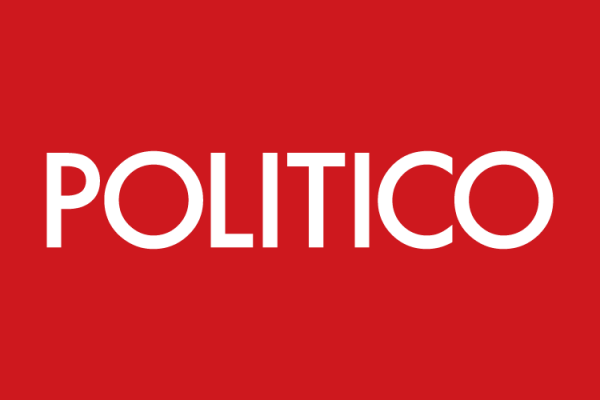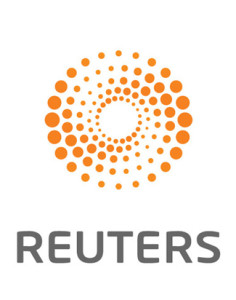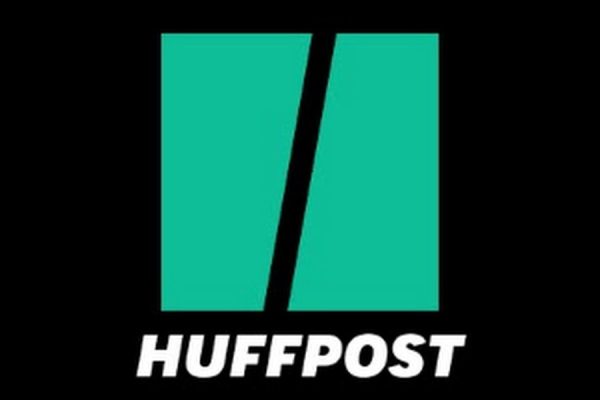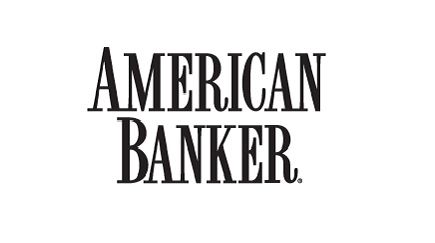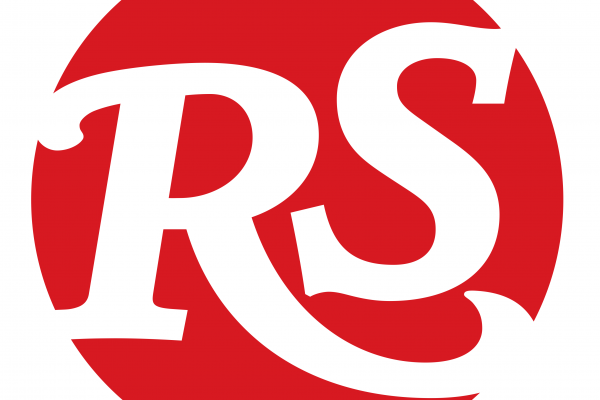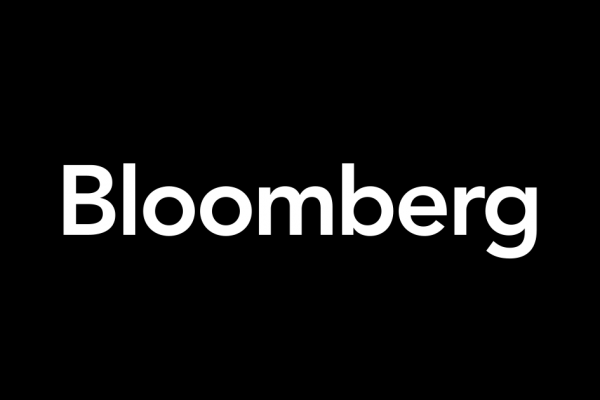In the News: GOP targets Treasury’s risk-watching data hub (Politico)
Patrick Woodall, managing director for policy at Americans for Financial Reform, said slashing the research office would cut off “unique modeling and monitoring tools” that are critical to understanding where risk is building up in the financial system, from banks, private credit or other corners of the market.
The rhetoric is about “tightening our belts and austerity, but the reality is that the impact is not mostly budgetary,” he said. “The impact is overwhelmingly about our ability to actually monitor the financial system for growing risk that poses potentially very serious impacts on the economy.”

